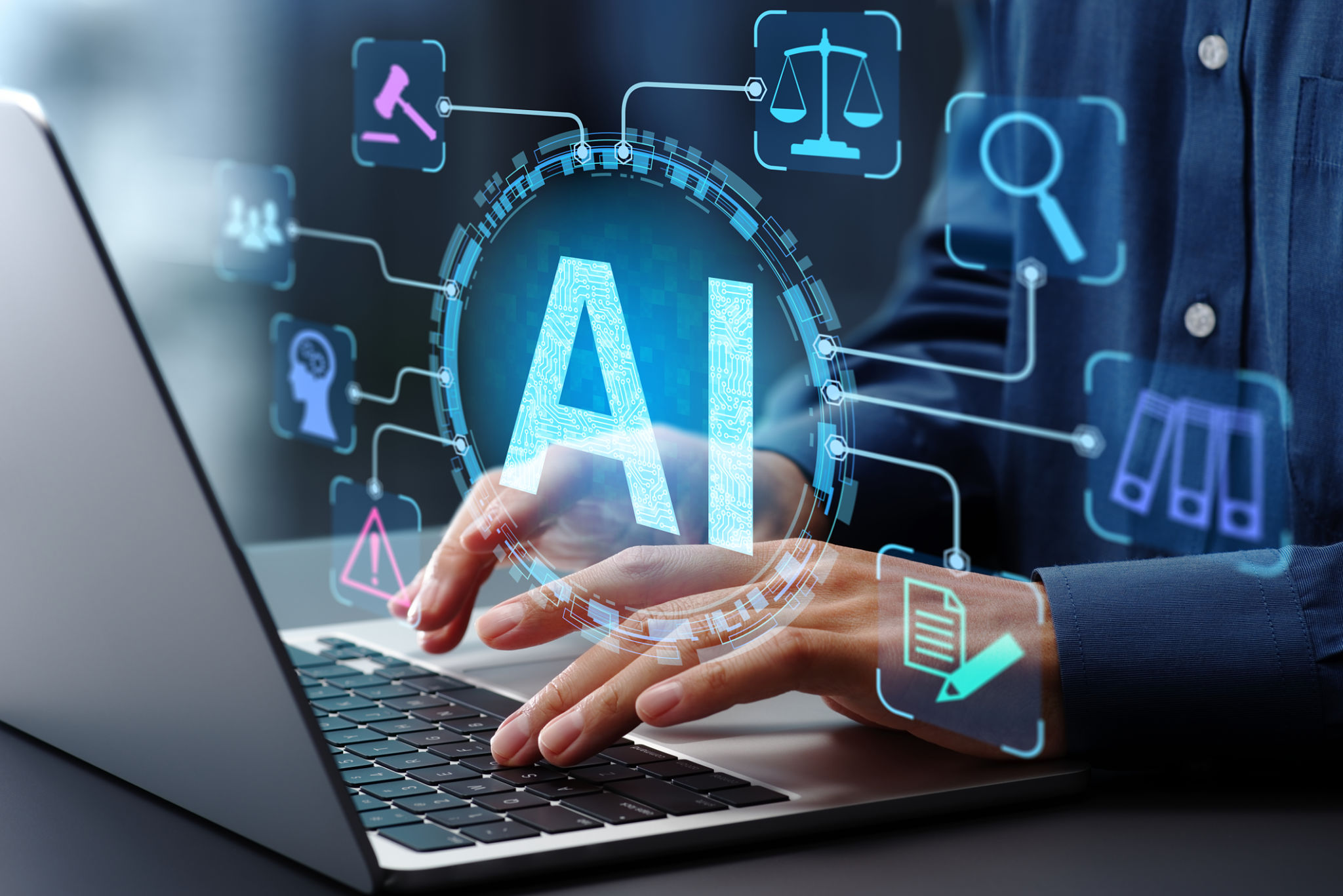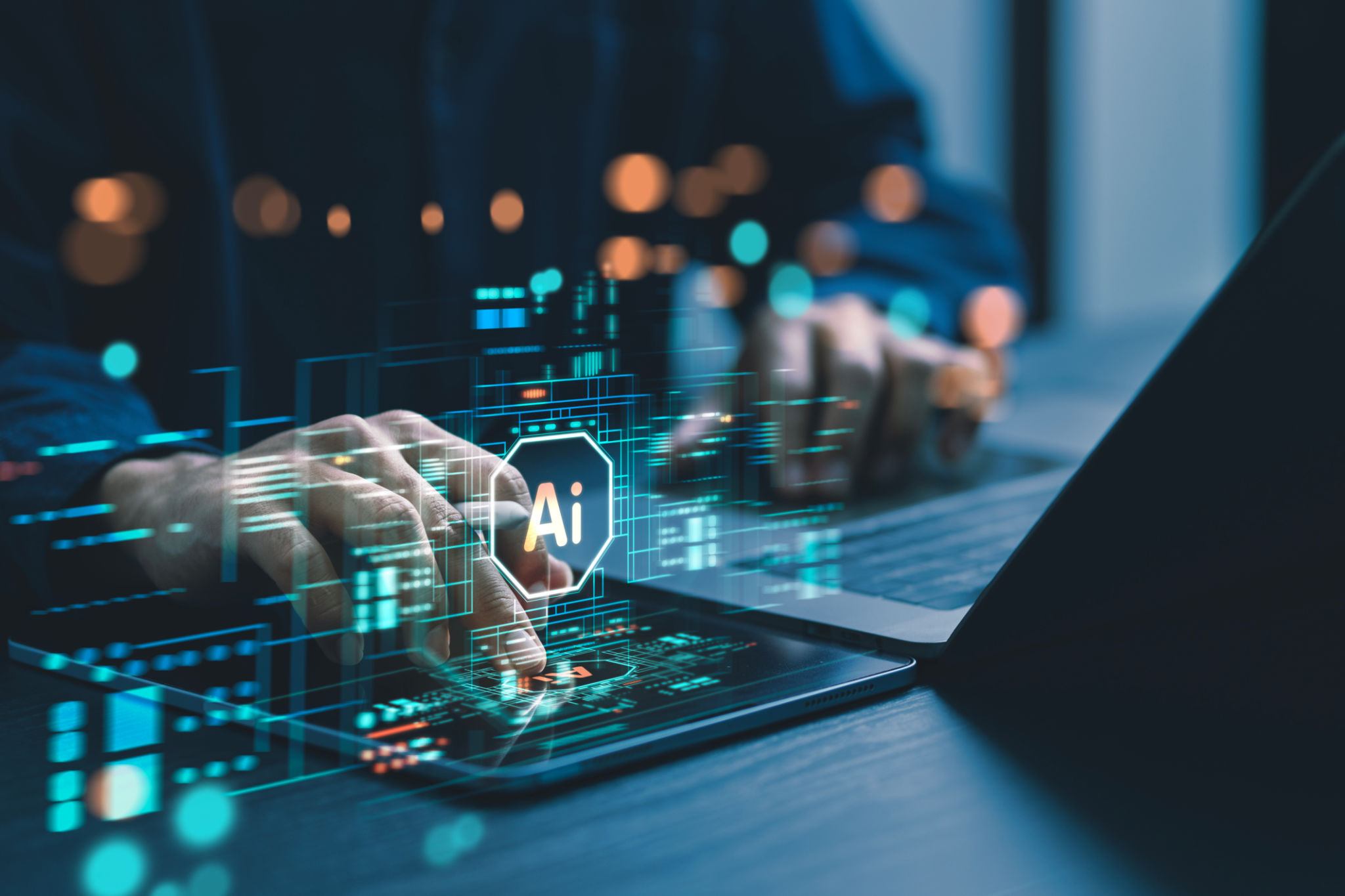Exploring Generative AI: A Course for Future Leaders
Understanding Generative AI
In the era of rapid technological advancement, Generative AI stands out as a transformative force. This technology is reshaping industries by creating new possibilities for innovation and efficiency. As future leaders, understanding Generative AI is crucial to harness its potential effectively. By exploring this cutting-edge field, individuals can gain insights into how AI-generated content, from text to images, is revolutionizing the digital landscape.
The advent of Generative AI has opened doors to creativity and automation that were once unimaginable. With its ability to generate realistic and original content, businesses are leveraging this technology to enhance customer experiences, streamline operations, and drive growth. Whether it's developing personalized marketing strategies or creating interactive customer service tools, the applications of Generative AI are vast and varied.

The Components of Generative AI
Generative AI functions through a combination of machine learning algorithms and neural networks. These systems are designed to analyze vast datasets, learning patterns and structures to produce new content. Understanding these components is essential for anyone looking to lead in a tech-driven world.
Machine learning algorithms form the backbone of Generative AI. They enable machines to learn from data inputs and improve over time without explicit programming. Neural networks, on the other hand, mimic the human brain's structure, allowing for complex computations and decision-making processes. Together, these technologies empower Generative AI to generate content that is not only accurate but also contextually relevant.
The Role of Data
Data plays a pivotal role in fueling Generative AI. The quality and quantity of data directly impact the effectiveness of the AI models. Future leaders must recognize the importance of data ethics and management in harnessing the power of AI responsibly. Ensuring that data is gathered, stored, and used ethically is critical to maintaining trust and accountability in AI applications.

Applications Across Industries
The applications of Generative AI span multiple sectors, from healthcare to entertainment. In healthcare, it aids in drug discovery and personalized medicine by simulating potential outcomes. In entertainment, it creates immersive experiences by generating lifelike characters and scenarios. The ability to tailor content to specific audience preferences makes Generative AI a game-changer in marketing and advertising as well.
Education is another field where Generative AI is making an impact. By creating customized learning experiences, it helps educators address diverse student needs and enhances the overall learning process. As we move forward, the potential for Generative AI to revolutionize various industries continues to grow.

Challenges and Ethical Considerations
Despite its advantages, Generative AI presents challenges that future leaders must navigate carefully. Concerns around privacy, security, and ethical use are paramount as AI systems become more integrated into daily life. Leaders must ensure that AI technologies are developed and deployed with a strong ethical framework to prevent misuse and bias.
Transparency in AI decision-making processes is essential to build trust with users. Additionally, addressing job displacement due to automation is another critical aspect that requires strategic planning and policy development. Ensuring that the workforce is equipped with skills for the evolving job market is vital for a smooth transition.
Preparing for the Future
To truly benefit from Generative AI, future leaders need to foster a culture of continuous learning and adaptability within their organizations. Embracing innovation while being mindful of its implications will be key to navigating the challenges ahead. Developing a strategic vision that aligns technological advancements with organizational goals will enable leaders to drive meaningful change.

In conclusion, exploring Generative AI equips future leaders with the knowledge and tools needed to thrive in a digital-first world. By understanding its components, applications, and challenges, they can leverage this technology to create sustainable growth and innovation across various industries. As we look toward the future, staying informed and proactive will be essential in leading the way forward.
